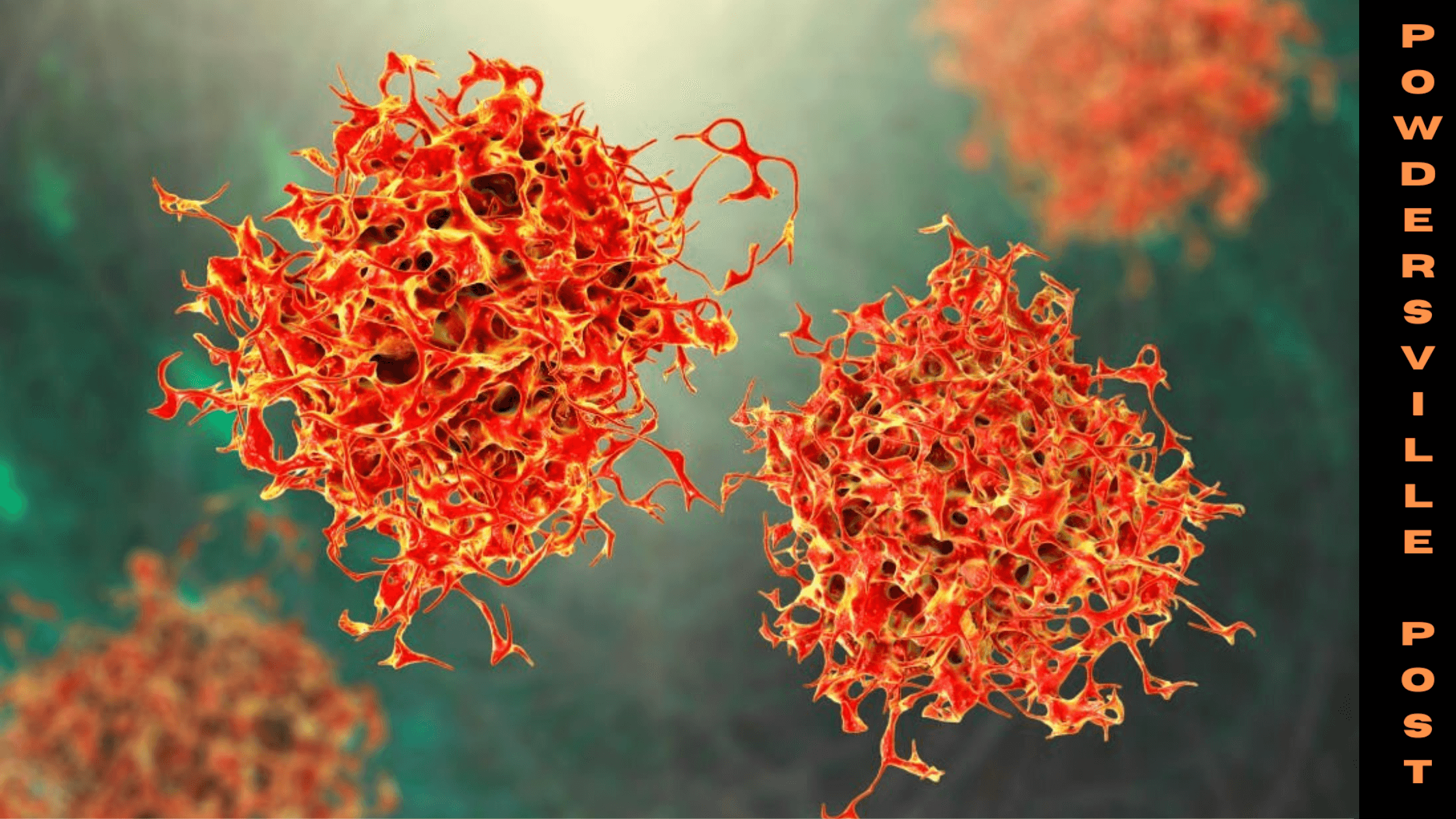To Slow The Spread Of Prostate Cancer, Scientists Target Proteins
Nikki Attkisson | Last Updated : March 2, 2022Scientists have highlighted a new potential way to slow down the growth of prostate cancer. In such patients, a certain protein is often seen in large numbers, and controlling this protein can slow down the growth of prostate cancer.
To Slow The Spread Of Prostate Cancer, Scientists Target Proteins
According to experts, the RIPK2 protein can be targeted to impact the cancer cells in these patients. Human clinical trials are yet to be done, and it is likely to be started in the next few months. If the new method of using commercially available drugs works well in these trials, it can open new doors to treat prostate cancer.

Several drugs are approved for treating leukemia in which the receptor-interacting protein kinase 2 is shut down to slow down the growth of cancer cells. This treatment is already approved by the FDA, and it would be interesting to see if the drug works well to treat prostate cancer patients.
In the advanced stages of prostate cancer, cancer spreads to other organs, and this is the major cause of death in such patients. Scientists feel that if they are able to stop the recurrence of metastatic cancer in these patients, they will be able to slow the spread of cancer to a large extent.
Even though this may not prevent death completely in such patients, this treatment can extend the lifespan of such patients by many years. Not only that, the suffering would be a lot less if the recurrence of metastatic cancer is avoided with the help of these drugs, as cancer cannot spread to other organs.
The study highlighted the activity of RIPK2 protein in prostate cancer patients, and it was too high in a majority of cases that turned complicated. It was evident that 65% of advanced stages of prostate cancer patients had high levels of RIPK2 protein.
Experts feel that by slowing down or eliminating this protein completely, the spread of prostate cancer can be slowed down to a large extent. In this way, cancer does not spread easily to other organs and creates complications.
According to researchers, they are still not sure about the complete working of this protein, and it was previously analyzed in some inflammatory conditions. In the case of prostate cancer patients, this protein is suspected of triggering the activity of another protein that increases the growth of cancer cells in the body.
The study focused on controlling the activity of RIPK2 protein in mice, and the results were promising. The drugs were able to reduce the growth of the cancer cells in more than 92% of cases by targeting this protein.
Experts are hopeful that this can be a big breakthrough in treating prostate cancer patients if the human trials also offer similar results. The overall quality of life of the patients can improve by a huge margin, and the lifespan can also be extended by several years.
Researchers are also working on analyzing the effects of controlling RIPK2 on the immune system. Many experts feel that the ability of the immune system to handle cancer cells may improve to some extent by controlling the RIPK2 protein. The biomarkers to identify the suitable patients need to be studied in a detailed manner as this is important to target the treatment properly.
If the human trials give successful results, it can certainly open new doors for treating prostate cancer patients. This is difficult to treat, and more than 30000 people die in the US every year due to this condition. It is usually detected in the advanced stages, and the outcome is not positive in most cases.
With over 15 years as a practicing journalist, Nikki Attkisson found herself at Powdersville Post now after working at several other publications. She is an award-winning journalist with an entrepreneurial spirit and worked as a journalist covering technology, innovation, environmental issues, politics, health etc. Nikki Attkisson has also worked on product development, content strategy, and editorial management for numerous media companies. She began her career at local news stations and worked as a reporter in national newspapers.
